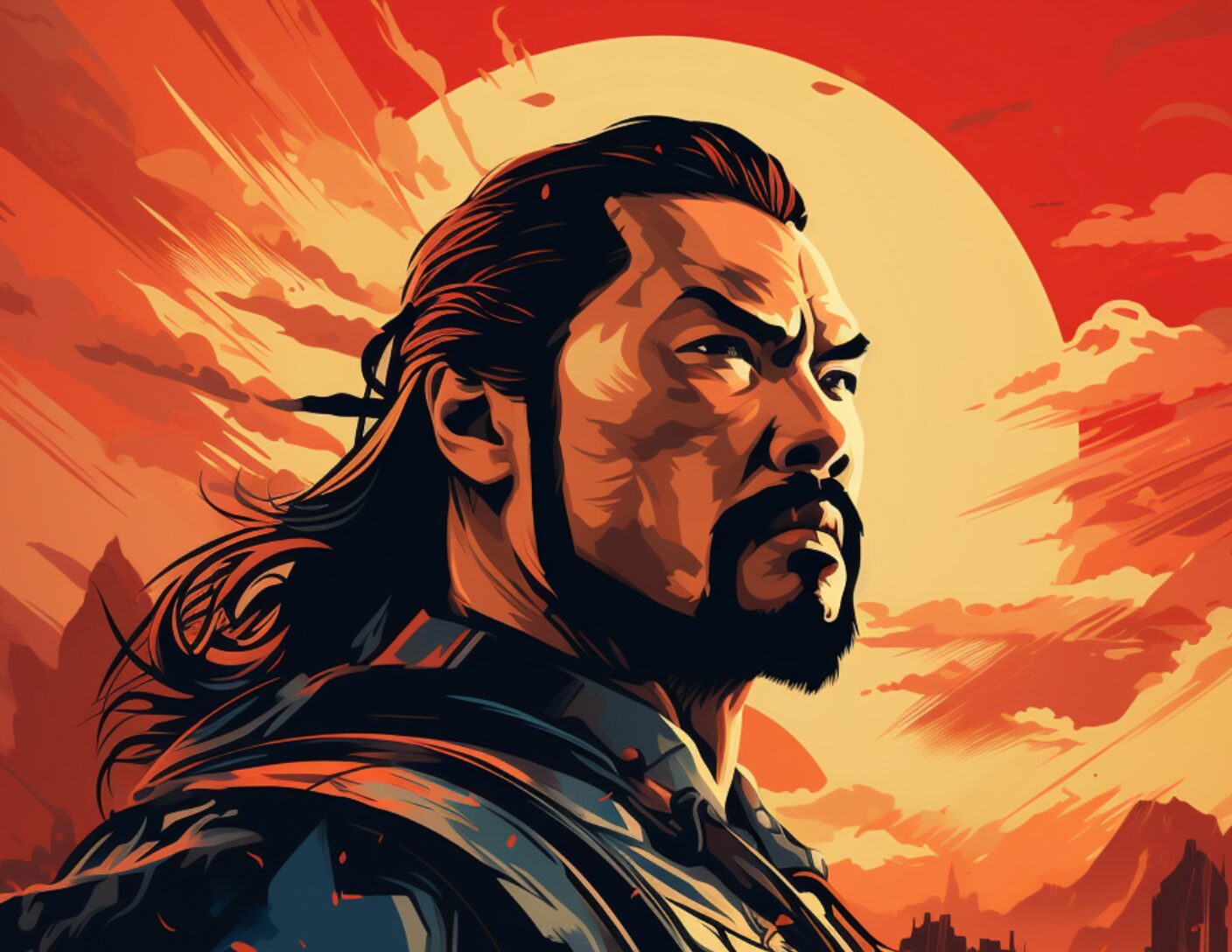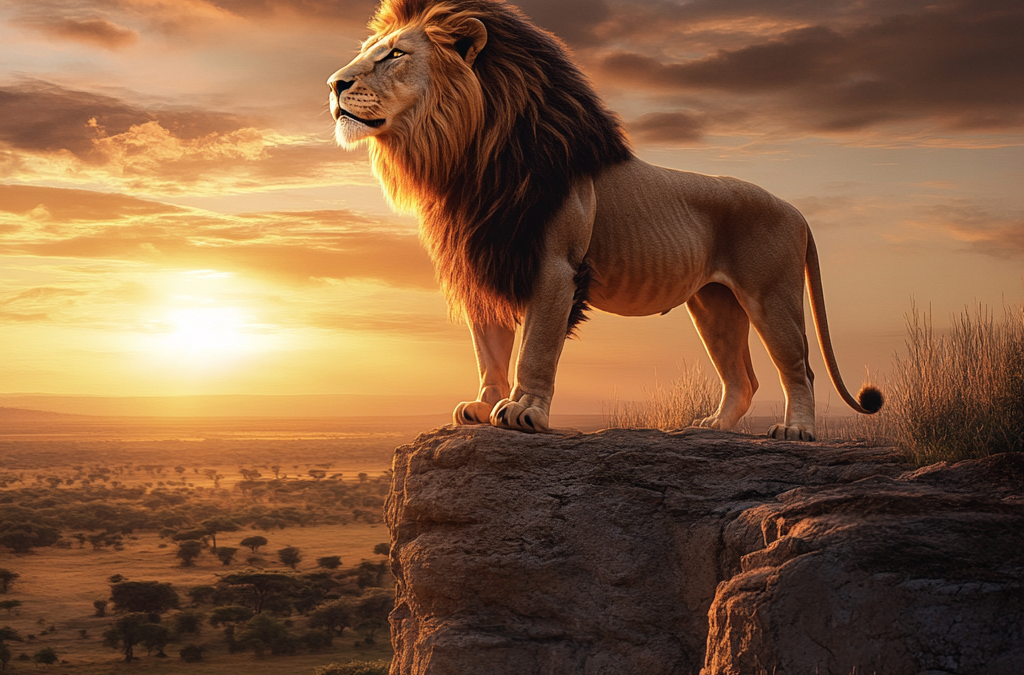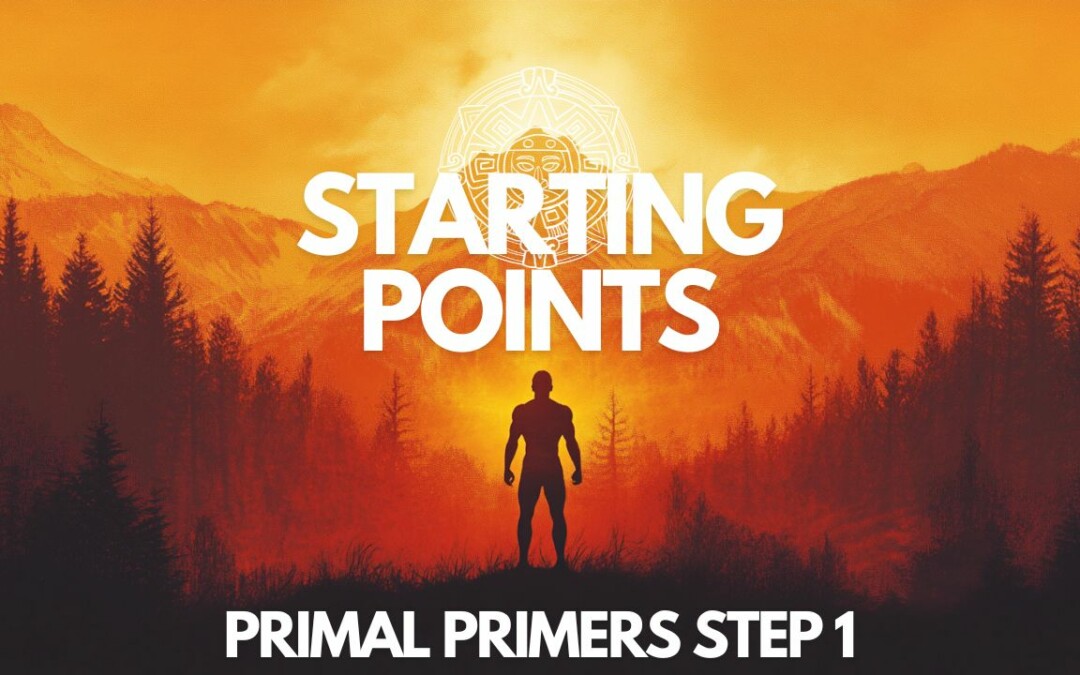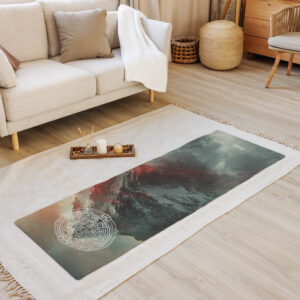The Art of War is sacred writing compiled over 2000 years ago by the Chinese warrior philosopher Sun Tzu; interestingly also written in the same zeitgeist as the Tao-Te Ching. Likely explaining the interdigitary nature of ideas and practice between both works, the AOW & TTC both contain profound idea share as if emerging from the same source code. And much like any venerated sacred script, the AOW has provided guidance for many independent of warfighter affiliation. The tenets and meditations of Tzu’s work are not exclusive to matters of war, moreover this is a book of conflict resolution; those knowing the way broadly can keenly identify. One of the most beautiful aspect of this “book of war”, is that if followed correctly, and a superior strategy is indeed being followed, kinetic war is ultimately not leveraged. The Art of War is a manual on how to avoid war. “The ideal strategy whereby one could win without fighting, accomplish the most by doing the least.”
Deep reading into the AOW engenders a depth of understanding conflict resolution at multiple forensic levels. From internal conditions, motivations, and emotions of the human, to the group dynamics of civil environments, leadership, geography, and actual war operations. Each reading provides a updated and layered understanding that can be used in many walks. Below are some excerpts that struck me and I’ve abbreviated for reference.
– Brilliance is seeing what others do not see. Knowing what others do not know is called genius. Brilliant geniuses win first. meaning that they defend in such a way as to be unassailable and attack in such a way as to be irresistible.
– The ideal strategy whereby one could win without fighting, accomplish the most by doing the least.
– A military operation is like a fire. If it is not put out it will burn itself out.
– The types of martial arts: The superior militarist foils enemies plots; next best is to ruin their alliances; next after that is to attack their armed forces; worst is to besiege their cities.
– Therefore one who is good at martial arts overcome others forces without battle, conquers other cities without siege, destroys others nations without taking a long time.
– A skillful martial artist ruins plans, spoils relations, cuts off supplies, or blocks the way and hence can overcome people without fighting.
– War is like fire. If you do not put it out, it will burn itself out. Arms are tools of ill omen. To employ them for extended period amounts of time will bring about calamity.
– Operations can be clumsy and swift but never skillful and extended. Be swift like thunder and fast like lightning.
– In a chariot battle, reward the first to capture at least 10 chariots.
– Planning a siege: If you can keep your enemy’s nation intact, then your nation will remain intact. Killing is not the important thing. Surrender of your enemy is best. The best policy is to use strategy, influence, and trend of events to cause the adversary to submit willingly. The ideal strategy where one wins without fighting. Accomplish the most by doing the least.
– A military operation involves deception. Even though you are competent, appear to be incompetent. Appear to be many when there are few. Advancing appear to be retreating. Though effective, appear ineffective. Do not allow your opponent to know your state. Deception makes your opponent unprepared.
– Those who are good at getting rid of troubles are those who take care of them before they arise. Those who are good at overcoming opponents are those who win before there is form.
– Winning by intimidation.
– If you cannot be strong, and cannot be weak, therefore this will result in defeat.
– You see inner conditions of opponents by means of their external formations. The inner condition of the formless are inscrutable, whereas that of those who have adapted a specific form is obvious. The inscrutable win, the obvious lose.
– For an invincible defense, conceal your form. When opponent attack you, then they are vulnerable.
– Measurement, assessment, calculation, comparisons and victory.
– Therefore those who skillfully move opponents make formations that opponents are sure to follow, give what opponents are are to take. They move opponents with the prospect of gain, waiting for them in ambush.
– Getting people to fight by letting the force of momentum work is like rolling logs and rocks. Logs and rocks are still when in a secure place, but roll on an decline, they remain stationary if square, then roll if round. Therefore, when people are skillfully led into battle, the momentum is like that of round rocks rolling down a high mountain. This is force.
– Be subtle to the point of formlessness. Be mysterious even to the point of soundlessness. Thereby, you can be the director of the opponent’s fate.
– Cut off their supply routes, guard their return routes, and attack their civilian leadership.
– What is orthodox to you, make opponents see as unorthodox; what is unorthodox to you, make the see as orthodox. This is inducing others to construct a formation. This makes one unfathomable to opponents and is formless.
– Your battleground is not to be known, for when it cannot be known, the enemy makes many guard outposts, and since multiple outposts are established, you only have to do battle with small squads.
– Even if opponents are numerous, they can be made to not fight.
– So a military force has no constant formation, water has no constant shape: the ability to gain victory by changing and adapting according to the opponent is called genius.
– It is swift as the wind in that it comes without a trace and withdraws like lighting. It is like a forrest in that it is orderly. It is rapacious as fire across a plain, not leaving a single blade of grass. It is immovable as a mountain the it garrisons.
– A surrounded army must be given a way out. An exhausted animal will still fight, as a matter of natural law.
– If you can always remember danger when you are secure and remember chaos in times of order, watch out for danger and chaos while they are still formless and prevent them before they happen, this is best of all.
– Where there are hills or embankments keep on their sunny side, with them to your right rear. This is an advantage to a military force, the help of the land.
– Ordinarily an army likes high places and dislikes low ground, values light and despises darkness.
– When they see an advantage but do not advance on it, they are weary.
– A government should not mobilize an army out of anger, military leaders should not provoke war out of wrath. Act when it is beneficial, desist if it is not. Anger can revert to joy, wrath can revert to delight, but a nation destroyed cannot be restored to existence and the dead cannot be restored to life.
– Every matter requires prior knowledge.














